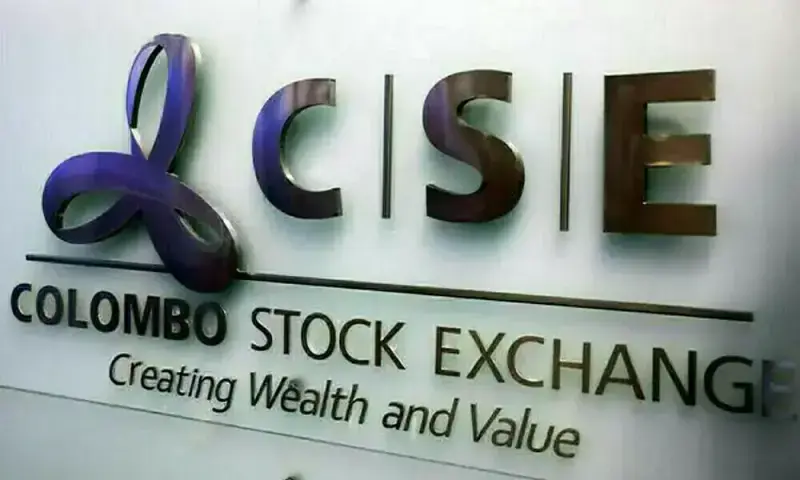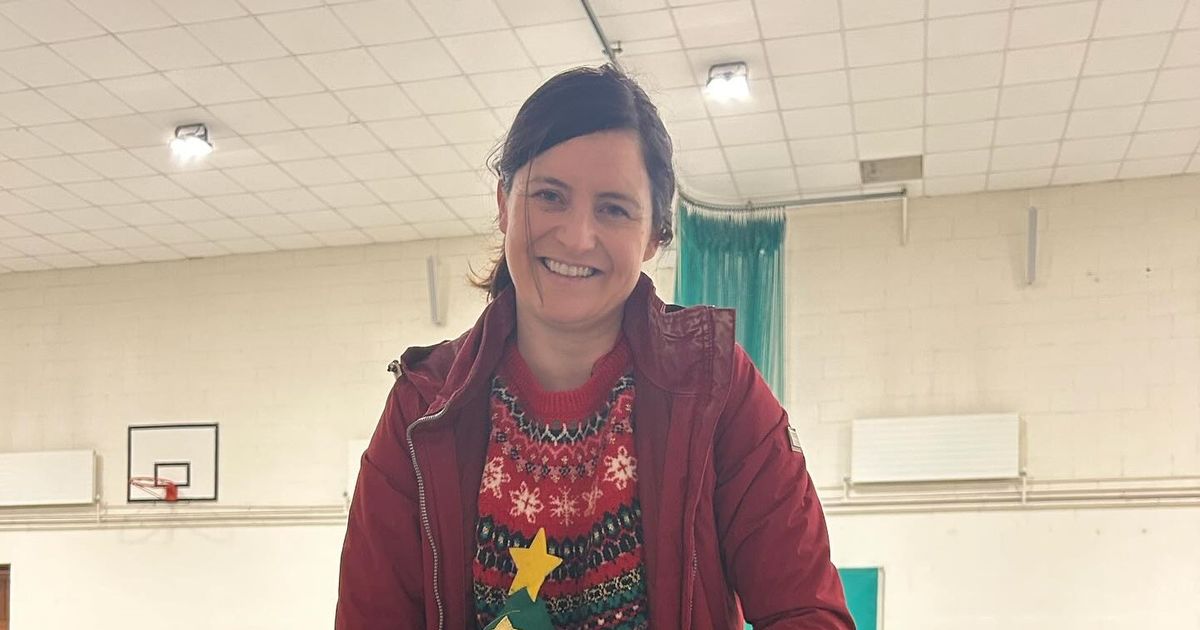
This week in business was a bit of a balancing act. Consumers faced a number of fresh reminders this week that everyday products are not always safe or convenient. Companies are rethinking their footprints, closing stores in some markets while making bold moves to expand elsewhere. The markets reminded everyone that investor confidence can rise faster than fundamentals, especially when a big name signals conviction.
Technology updates kept the spotlight, offering both sleek new features and practical questions about how global rollouts actually work in daily life. Real estate data showed a market that is slowing but not collapsing, and credit data highlighted how uneven the recovery feels, with some households finding it harder to keep up even as others benefit from strong asset gains.
Here’s what stood out in business news this week.
FDA expands cookware warning over lead risk
You might want to check your pots and pans. The FDA added more imported brass and aluminum cookware to its lead risk warning after new testing showed more products can leach unsafe amounts into food. Several items sold through specialty grocers are now flagged, with the agency urging consumers to toss them, not donate or refurbish.
Subscribe to the Daily newsletter.Fast Company’s trending stories delivered to you every day
Privacy Policy
|
Fast Company Newsletters
iOS 26 rolls out: timing, features, and supported devices
It’s September, which means it’s time for Apple’s annual iOS refresh. This year’s update includes a bold “Liquid Glass” design, new AI tools, and a refreshed calling experience. The rollout followed Apple’s usual timing playbook, hitting in the late morning Pacific time. The free update supports models back to the iPhone 12, with related OS updates across iPad, Mac, Watch, TV, and Vision Pro.
Housing softens as seasonal tide turns
Nearly 40% of the country’s largest metros saw home prices fall year over year in July, the highest share since 2012. Seasonally adjusted national prices slipped slightly month over month, a sign of cooler demand heading into fall.
Petco to close 25 stores in 2025 amid portfolio optimization
Your local Petco might be closing. The popular pet retailer confirmed it will shut down 25 locations this year, matching last year’s pace, with 10 already closed by Q2. Shares of the company remain down, with leadership signaling more focus on margins than expansion.
Safeway to shutter 12 stores across three states
Safeway, owned by Albertsons, is closing 12 underperforming stores—most of them in Colorado—by early November. The decision follows the collapse of the Kroger-Albertsons merger after regulators blocked the deal. Beyond job impacts, the closures add to worries about food deserts in some affected areas.
Tesla rallies on a $1B insider buy—even as questions linger
Tesla stock climbed this week after Elon Musk’s family foundation disclosed buying around $1 billion worth of shares. Investors took it as a show of confidence and a hint that Musk may devote more focus to the company. Still, questions remain about competition, product rollouts, and whether the fundamentals can match the market’s optimism.
Credit scores notch largest two-year drop since the Great Recession
Credit scores are starting to look a little rough. The average FICO score slipped to 715, the steepest two-year decline since 2009. Gen Zers saw the sharpest drop, in part due to the return of student loan delinquencies on credit reports. Rising borrowing costs and late payments on auto loans and credit cards are weighing on household finances across the board.
Costco issues unusual recall for shattering sparkling wine bottles
Costco recalled a Kirkland-branded prosecco after warning that unopened bottles could explode—even while sitting on a shelf. Customers were told not to bring bottles back but to safely dispose of them. Those who bought the wine were mailed a letter and should bring it to the store to receive a refund. No injuries have been reported, but the warning follows similar packaging issues in the beverage industry.
Eye drops show promise as a nonsurgical presbyopia aid
One day you might be able to ditch your reading glasses for eye drops. Researchers in Argentina unveiled promising results this week for eye drops that improve near vision, potentially reducing reliance on reading glasses. Patients reported being able to read two to three extra lines on an eye chart, with benefits lasting up to two years. Side effects were mild, but the treatment still awaits regulatory review.
Enterprise software firm ServiceNow announced plans for a massive AI hub in Florida, complete with an education center and startup accelerator. Backed by state and local incentives, the project is set to create about 850 jobs by 2030. The move underscores West Palm Beach’s growing pull as a business and tech destination with more affordable living costs than legacy hubs.



